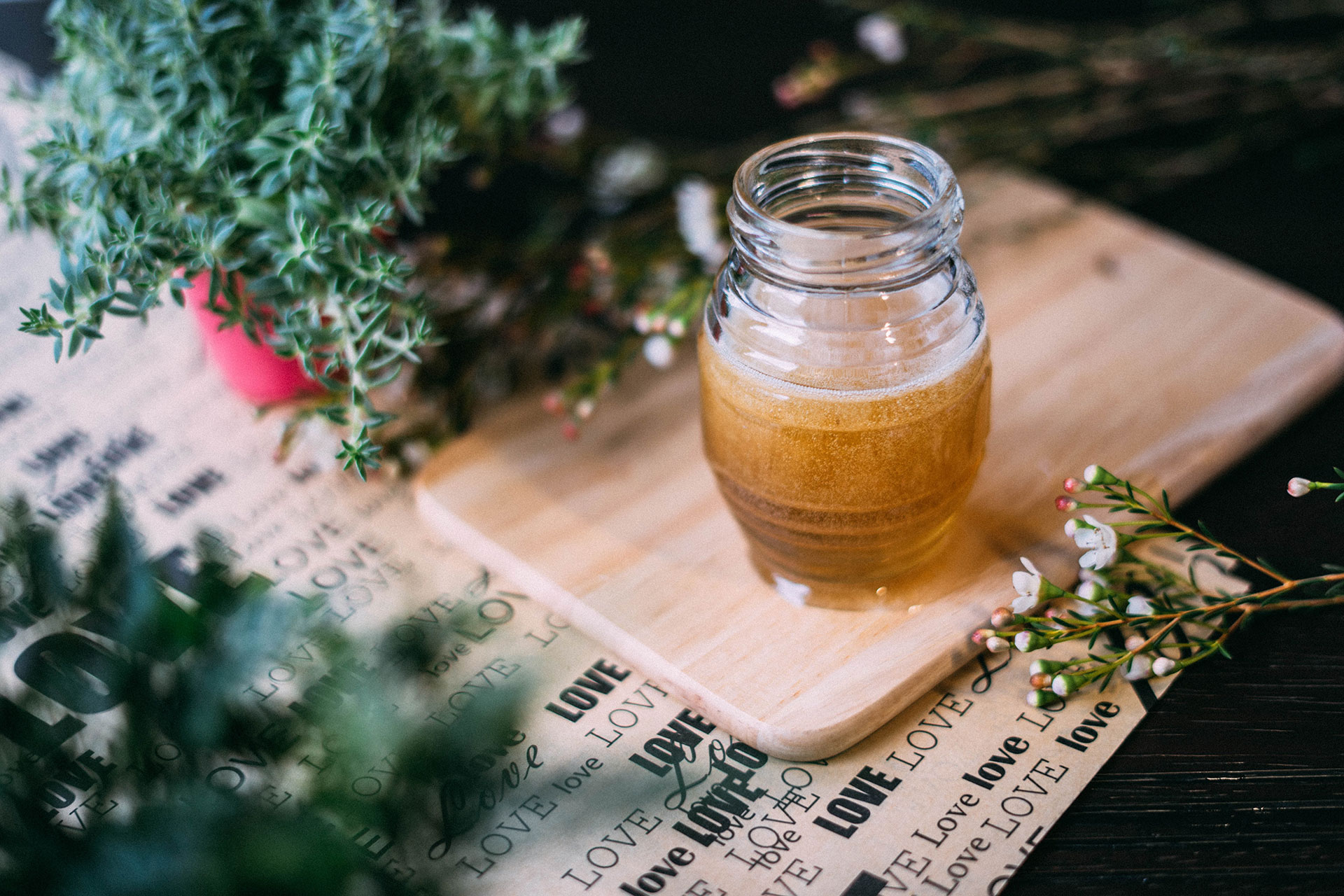Top four Safe and Potent Natural Antibiotics

In the realm of traditional medicine and emerging scientific research, certain natural compounds have gained recognition for their potent antibacterial properties.
What is the therapeutic potential and safety considerations of these natural antibiotics?
Garlic: A Time-Honored Guardian Against Bacterial Threats
Cultures across the world have long recognized garlic for its preventive and curative powers.Renowned across diverse cultures for its preventive and curative powers, garlic stands out as a formidable natural antibiotic. Scientific research supports its efficacy against various bacteria, including Salmonella and Escherichia coli (E. coli). Additionally, garlic has shown promise in combating multi-drug resistant tuberculosis.
Honey: Nature’s Golden Elixir for Wound Healing
Healthcare professionals today recognize its efficacy in treating chronic wounds, burns, ulcers, bedsores, and skin grafts. Honey’s antibacterial effects, attributed to hydrogen peroxide content, make it a valuable ally against bacterial infections.
Ginger: Harnessing Nature’s Antibiotic Power
Acknowledged by the scientific community as a natural antibiotic, ginger has demonstrated its ability to combat various bacterial strains. We can find ginger’s potential in fighting bacteria and exploring its role in alleviating seasickness, nausea, and regulating blood sugar levels. Ginger’s multifaceted benefits position it as a promising natural remedy against bacterial threats.
Echinacea: Traditional Wisdom Meets Scientific Validation
Employed by Native American healers for centuries, echinacea has found its place in modern research. Studies reveal that Echinacea purpurea extract possesses the ability to eliminate diverse bacteria, including Streptococcus pyogenes (S. pyogenes) responsible for strep throat and necrotizing fasciitis. Echinacea’s anti-inflammatory properties further enhance its potential in combating bacterial infections.
Please be aware, just because something is labeled natural, it is not necessarily safe. The amounts and concentrations of active ingredients vary among brands of supplements.


Responses